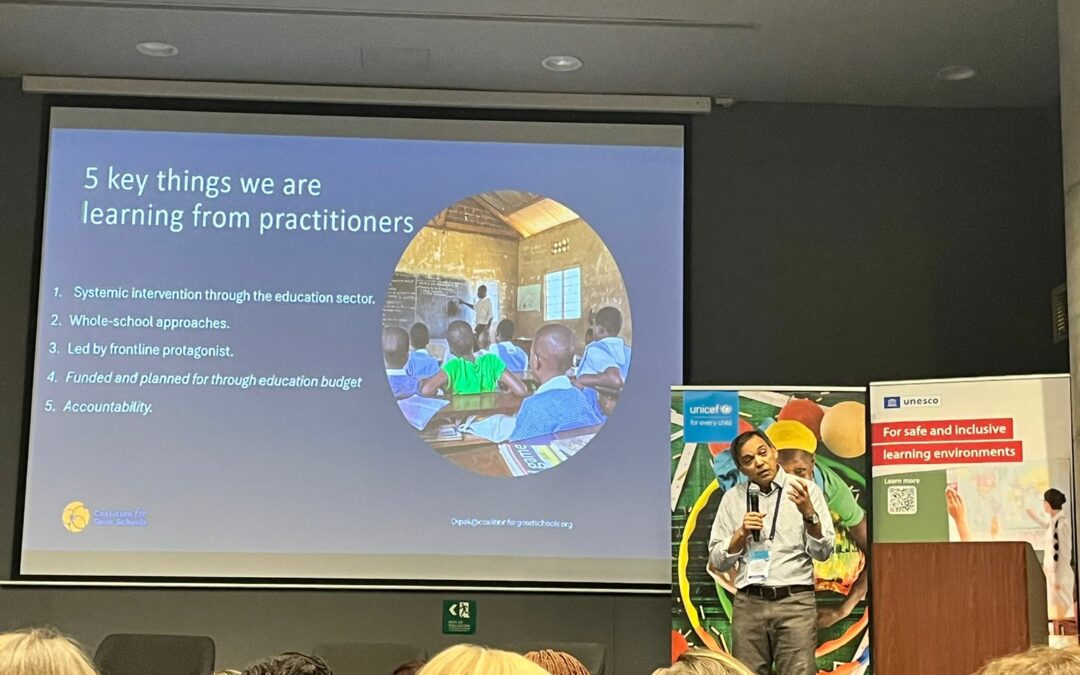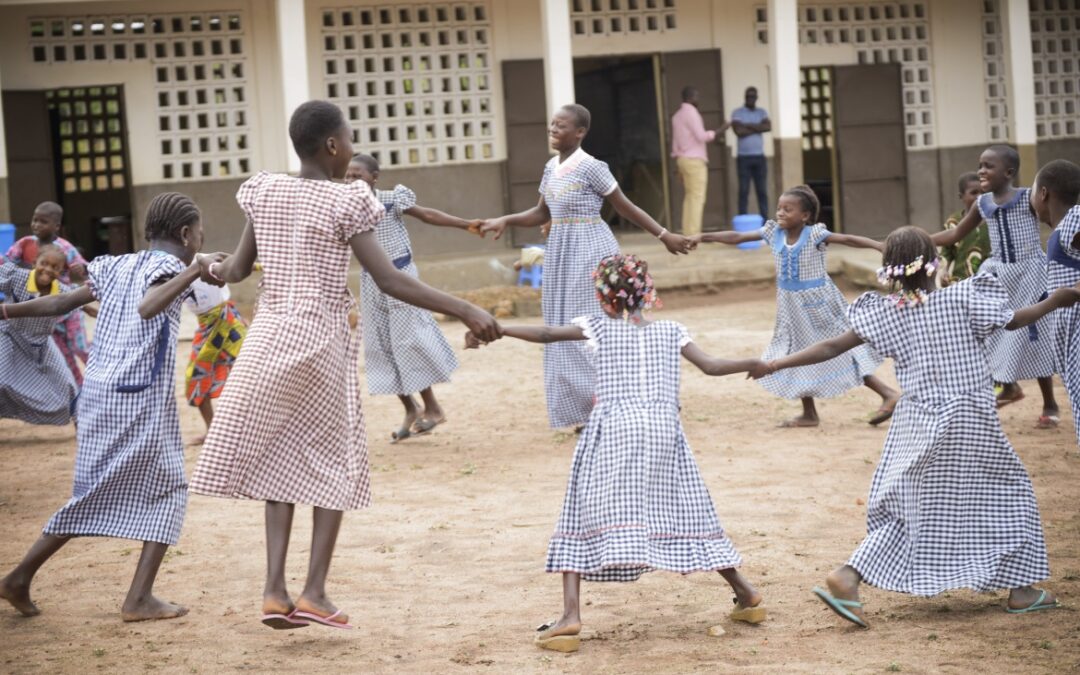Urvashi Gandhi specializes in Human Development and has been working in the development sector for 23 years on addressing issues of Child Rights, Refugee Rights and Women's Rights. She is the Director and CEO of Samya Development Resources Private Limited, a for-profit organisation established to provide consulting, technical advisory, and project implementation support and related services, generally in the field of social and human development with a particular focus on the field of women empowerment and/or gender inclusiveness and/or within all sectors of the economy. Urvashi had supported the setting up of the Coalition in 2019 while she was still working with Breakthrough India.
She has extensive experience in developing national and international program strategies and plans; implementing state, national and regional level programs on women’s rights, prevention of gender based violence, sexual and reproductive health rights, adolescent empowerment, engaging men & boys for gender justice and HIV/AIDS.
Urvashi has strong skills in developing issue based campaigns, curriculum, training programs and IEC materials for various audiences. She is an experienced trainer, has facilitated capacity building programs with CSOs, government departments, youth, marginalised communities and corporate houses on integrating the issue of gender justice and violence against women. Through her previous work experience, she has been part of the Menengage Alliance Global board and the Generation Equality Form.




